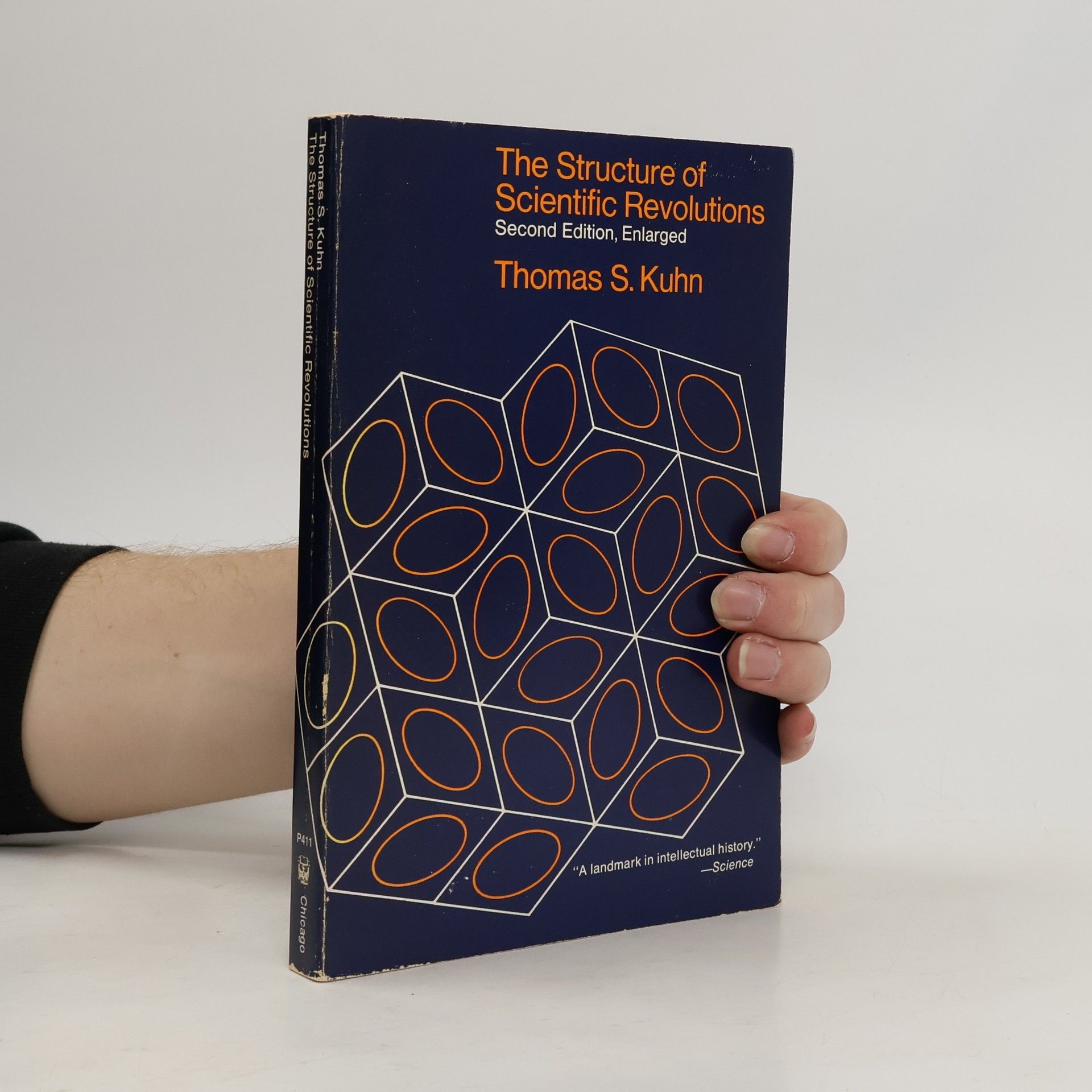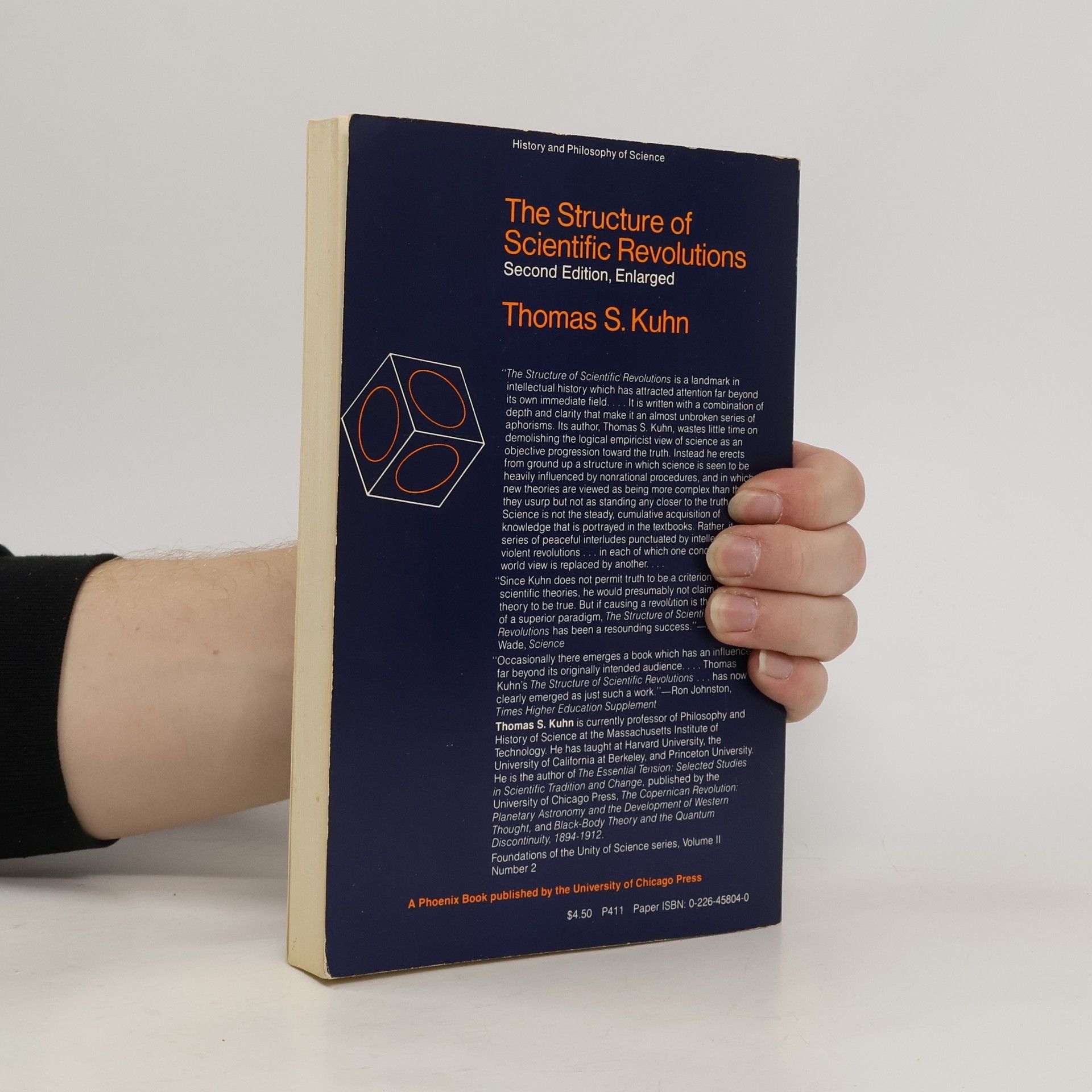Parameter
- 226 Seiten
- 8 Lesestunden
Mehr zum Buch
Thomas S. Kuhn's classic book is now available with a new index. "A landmark in intellectual history which has attracted attention far beyond its own immediate field. . . . It is written with a combination of depth and clarity that make it an almost unbroken series of aphorisms. . . . Kuhn does not permit truth to be a criterion of scientific theories, he would presumably not claim his own theory to be true. But if causing a revolution is the hallmark of a superior paradigm, [this book] has been a resounding success." Nicholas Wade, Science "Perhaps the best explanation of [the] process of discovery." William Erwin Thompson, New York Times Book Review "Occasionally there emerges a book which has an influence far beyond its originally intended audience. . . . Thomas Kuhn's The Structure of Scientific Revolutions . . . has clearly emerged as just such a work." Ron Johnston, Times Higher Education Supplement "Among the most influential academic books in this century." Choice One of "The Hundred Most Influential Books Since the Second World War," Times Literary Supplement
Buchkauf
The Structure of Scientific Revolutions, Thomas Kuhn
- Sprache
- Erscheinungsdatum
- 1970
- product-detail.submit-box.info.binding
- (Paperback)
Hier könnte deine Bewertung stehen.





